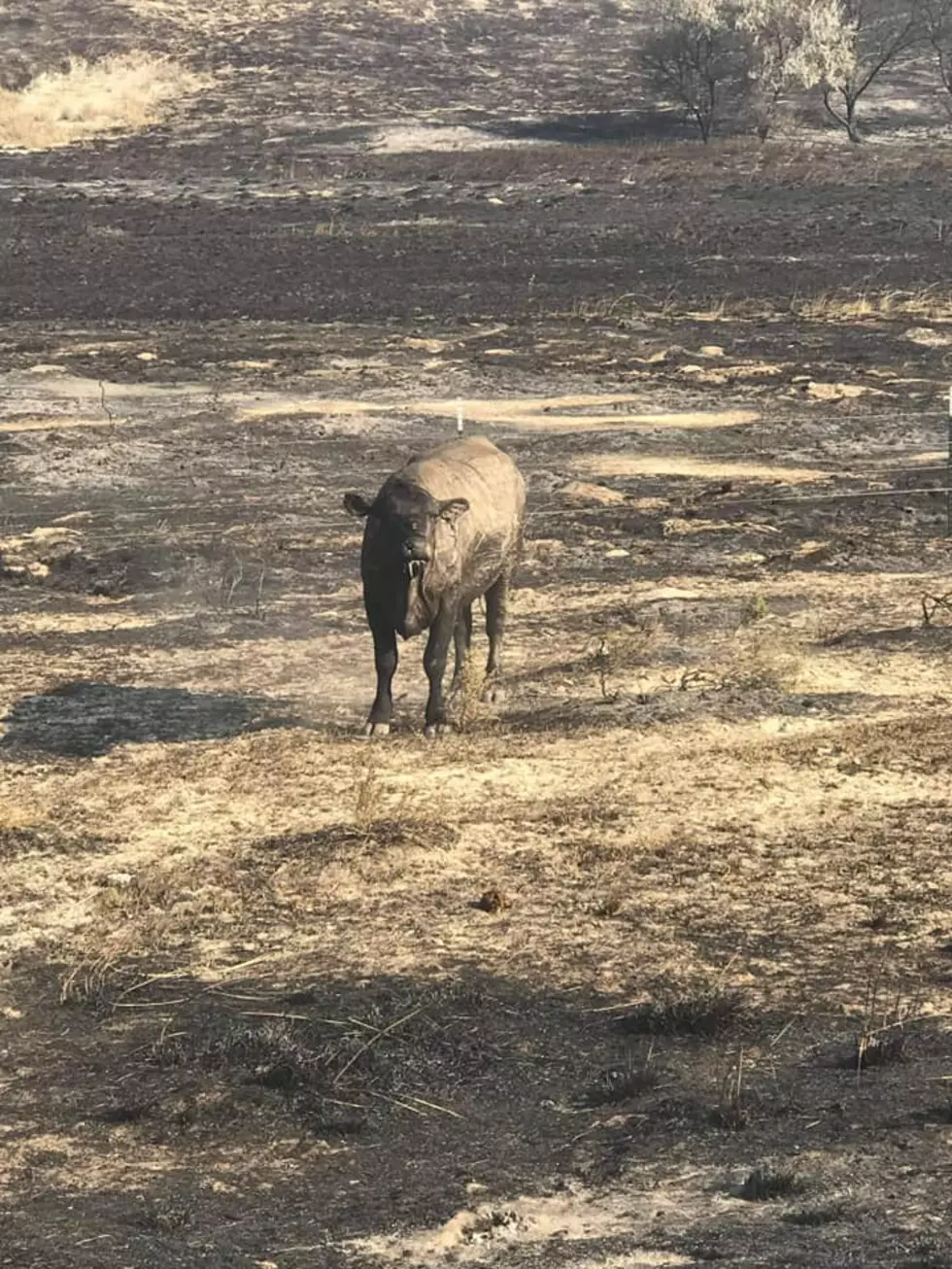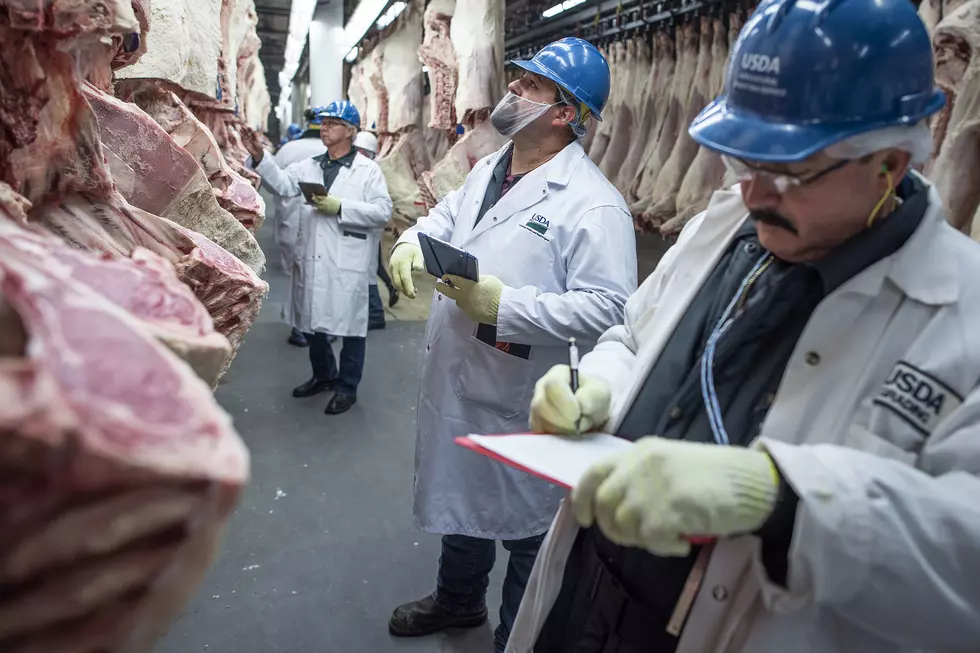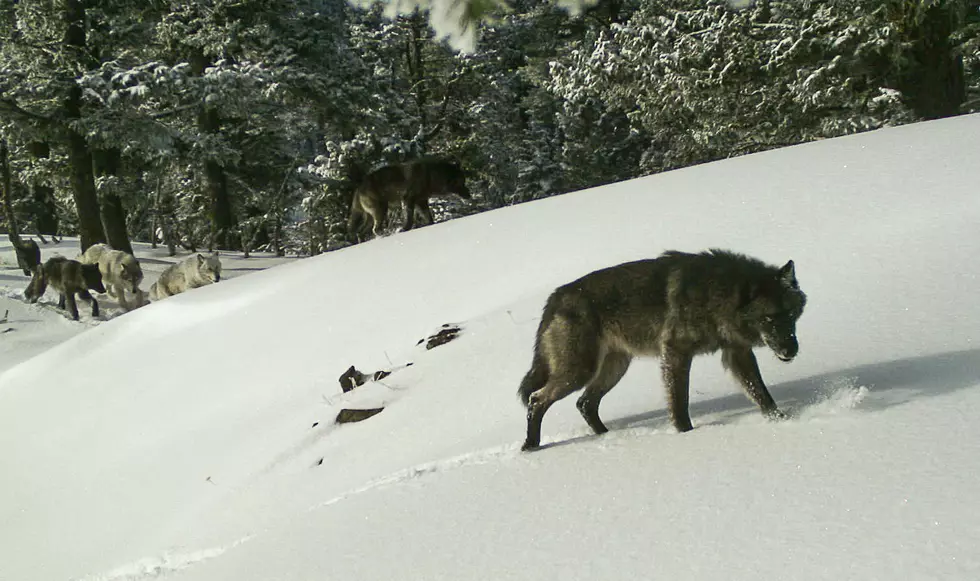
WSU Warning Animal Owners To Be Cautious Of Smoke
Washington State University’s College of Veterinary Medicine is reminding animal owners that wildfire smoke advisories, apply to animals, too. Now through the early fall, wildfire season conditions are varying from unhealthy to hazardous levels for people, particularly with as winds shifts and air quality changes. Pets and other animals should be protected from potential dangers of smoke inhalation as well.
“Advisories meant to caution people to avoid heavy work or exercise outdoors and to remain indoors as much as possible, also should be applied to our pets,” explained Dr. Robert Dyke, a member of the veterinary faculty in the Community Practice Service of WSU’s Veterinary Teaching Hospital. “Mammals lungs are all very similar, and some in other species like birds are extremely sensitive to particulates in the air.”
If you plan to move animal, or exercise your pet, WSU officials said it’s important to do when the smoke and dust has settled as much as possible.
“Pet owners who must walk or exercise pets outdoors should look for times of the day when smoke and dust settle as much as possible,” explained Dyke. “On really severe days, designated with a red air quality warning, maybe only a quick outing in the yard is best. By all means, though, avoid intensive exercise during these periods of poor air quality.”
And don’t forget that smoke tends to worsen at night as it settles into valleys and low-lying areas and disperses somewhat during daylight hours.
Symptoms of smoke or dust irritation can include:
- increased coughing
- difficulty breathing
- eye irritation and excessive watering
- a dry, irritated throat
- nasal discharge
- chest pains
- asthma-like symptoms
- increased heart rate
- increased fatigue.
If you have a story idea for the Washington Ag Network, call (509) 547-1618, or e-mail gvaagen@cherrycreekradio.com
More From PNW Ag Network









